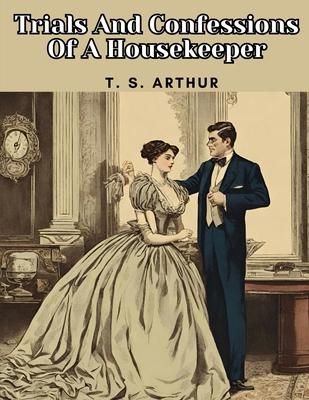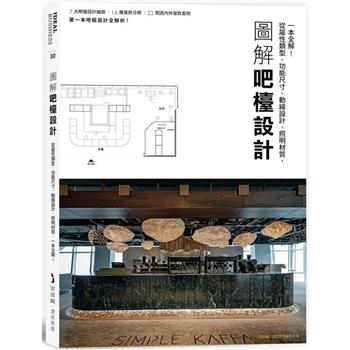"Trials and Confessions of a Housekeeper" is a novel written by Timothy Shay Arthur, commonly known as T.S. Arthur, an American author of the 19th century. First published in 1859, it presents a narrative that highlights the challenges and moral dilemmas faced by women in domestic roles during that era.
The book follows the story of Ruth Erskine, a young woman who marries a wealthy businessman, Edward Arlington. Initially, Ruth is drawn to the prospect of a life of luxury and comfort that Edward’s wealth promises. However, she soon discovers that married life is not as idyllic as she had imagined.
As Ruth settles into her role as a housekeeper, she encounters various trials and tribulations. She grapples with the demands of managing a household, dealing with difficult servants, and navigating social expectations. Through Ruth’s experiences, the novel explores themes of duty, morality, and the importance of personal integrity in the face of adversity.
One of the key aspects of the book is its portrayal of the domestic sphere as a complex and morally significant realm. T.S. Arthur delves into the inner workings of household dynamics, shedding light on the often overlooked challenges faced by women who were tasked with maintaining the home and family.
"Trials and Confessions of a Housekeeper" also addresses issues such as the role of women in society, the nature of marriage, and the importance of character in navigating life’s trials. T.S. Arthur imbues the narrative with moral lessons and insights drawn from his own observations of 19th-century American society.
Overall, "Trials and Confessions of a Housekeeper" is a compelling exploration of the domestic sphere and the moral dilemmas faced by women in that context. It offers a nuanced portrayal of the challenges of domestic life while emphasizing the importance of integrity and virtue in navigating adversity.












